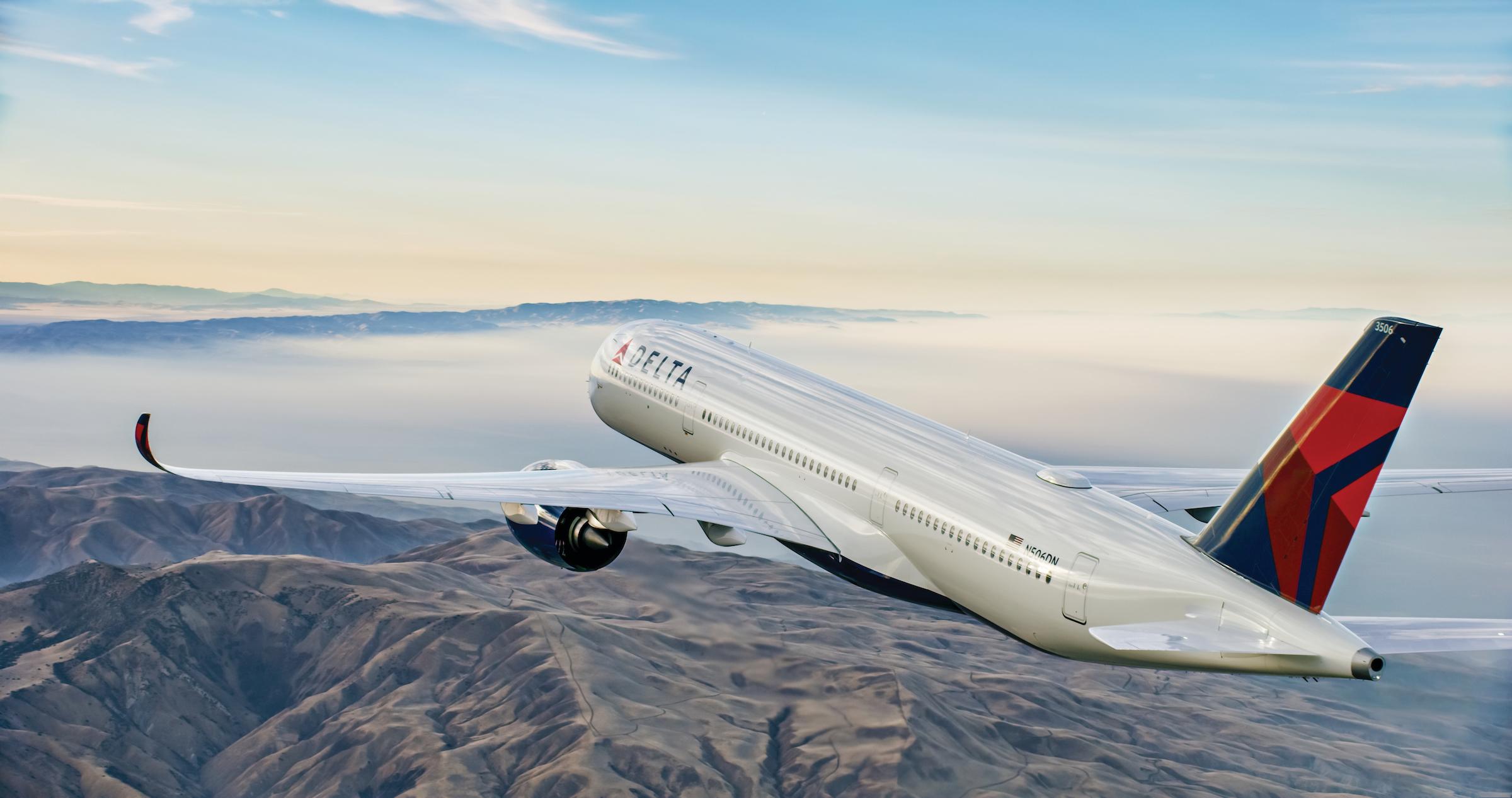
Delta Air Lines CEO Ed Bastian confirmed that 20% of the company’s workforce voluntarily departed the week of July 27, raising the odds that Delta will avoid mass furloughs of the proportions previewed recently by American Airlines and United Airlines.
Bastian previously reported that 17,000 of the Atlanta-based company’s 91,000 total employees agreed to accept buyouts or early-retirement packages, which he said on the company’s latest earnings call will “minimize, if not eliminate, the need for involuntary furloughs.”
In an Aug. 6 staff memo, Bastian praised the employees who volunteered to leave the company, which he said will render Delta a “more nimble airline that will be better positioned to endure the crisis and recover quickly.”
Confirmation that a fifth of Delta’s total workforce has permanently departed increases the likelihood that the carrier will be able to limit the scope of involuntary furloughs following the expiration of federal payroll support on Sept. 30. To date, Delta has sent formal furlough warnings to 2,558 pilots, while leaving its other workgroups mostly untouched. By comparison, American and United have warned a combined 61,000 workers that they may be let go on Oct. 1.
Airline labor unions have led a lobbying push to extend the CARES Act Payroll Support Program (PSP) until March 31, 2021, a proposal that has gained increasing bipartisan momentum in Congress recently. On Aug. 5, President Donald Trump said during a White House press briefing that he would “certainly be in favor” of extending the PSP, adding that, “I think it’s very important that we keep the airlines going.”
Still, with lawmakers from both parties and the administration at loggerheads over the contours of the latest coronavirus stimulus package, the prospects of the proposal remain uncertain. Should Congress green-light an extension, the implications remain unclear for the tens of thousands of airline employees who have already agreed to voluntary leaves, early-outs and pay cuts.
“It is unclear whether airlines would have to back-track on these deals, or whether the government funding would just have to be adjusted accordingly,” Credit Suisse analyst Jose Caiado wrote in a recent client note.
Absent a continuation of the PSP, Cowen analyst Helane Becker has forecast that at least 20% of the industry’s pre-pandemic workforce will not be employed by year-end, which would leave the industry with between 550,000 and 600,000 total employees, down from roughly 750,000 previously.





